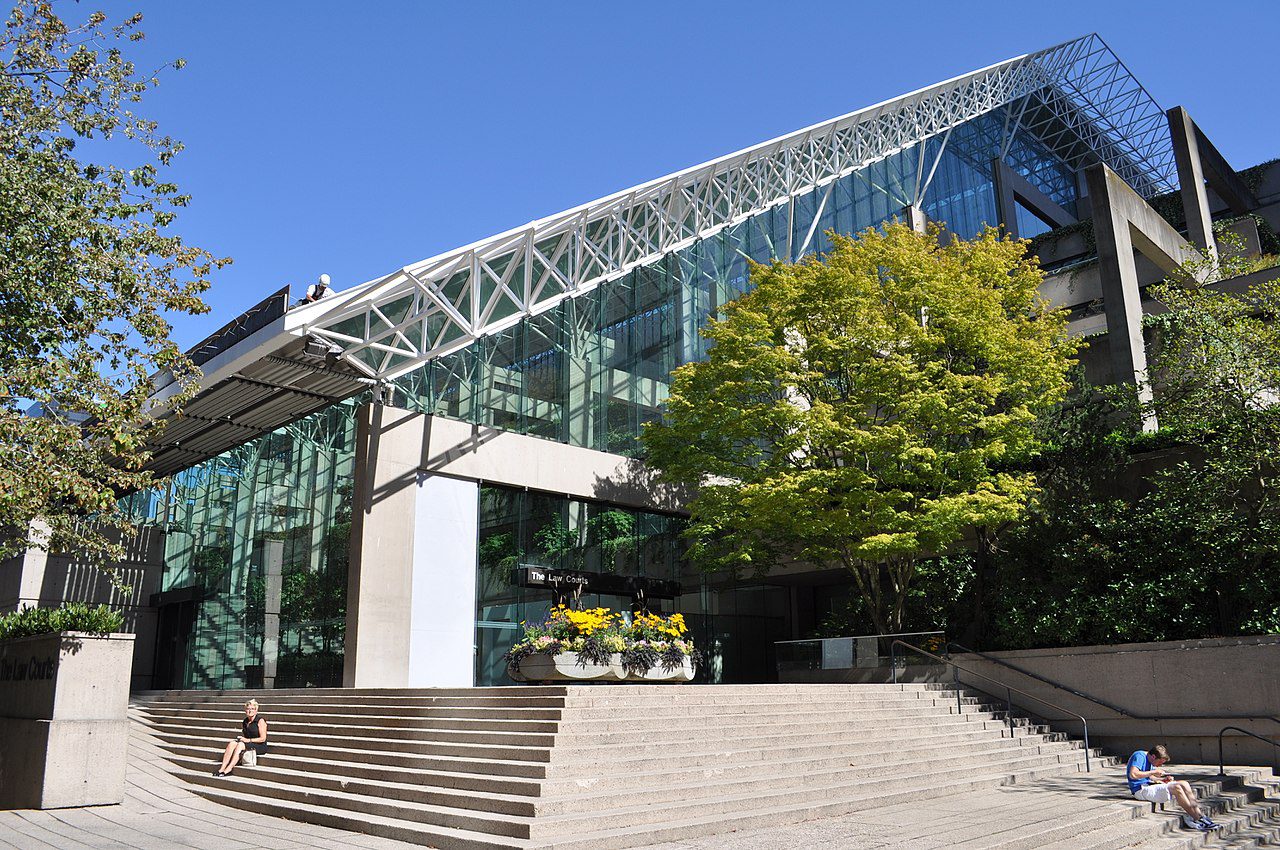
This article originally appeared in the Globe and Mail.
By Ken Coates, April 27, 2022
The Nuchatlaht First Nation and Nootka Sound, on Vancouver Island’s west coast, figure prominently in Canadian history. It’s where, in 1774, Spanish explorers first contacted First Nations on the West Coast. Four years later, British explorer Captain James Cook reached the area. And, ever since, the region has been a contested territory among various claimants.
This spring, in the B.C. Supreme Court, the Nuchatlaht are suing the British Columbia government for full title and ownership of about 200 square kilometres of the Nootka region that is categorized as Crown land. This legal showdown could set the standard for Indigenous land-claim rulings across Canada.
The Nuchatlaht undertook this move reluctantly, after years of hearing promises about reconciliation. The same holds for the UN Declaration on the Rights of Indigenous Peoples (UNDRIP), which Canada signed in 2010, and was recognized legally by the governments of Canada and British Columbia. But governments have badly underdelivered for First Nations.
The story is familiar: First Nations occupied the lands for thousands of years, collaborating and trading with the initial Europeans, saw their population decimated by introduced disease, were stripped of their rights by the government of Canada, endured cultural attack from bureaucrats and the church, and their traditional lands and waters were opened to development by others.
Nootka is one of the most bountiful places on earth, with abundant fishing waters and thick, teeming forests. Traditionally, the affluent Nuchatlaht willingly engaged with newcomers, even if they were not impressed with their economic models or world view.
B.C.’s First Nations survived depopulation, colonization, commercial exploitation of resources and systematic attacks on their culture. They expected better, and have worked toward new arrangements. The Nuchatlaht reached stage four of the six-stage B.C. Treaty Process, with a framework agreement signed in 1996 and an agreement in principle initialled in 2001. But then talks stalled. More recently, progress on UNDRIP, the promising 2014 Tŝilhqot’in decision on Aboriginal title, and talk of better relations with the federal and provincial governments suggested major movement was forthcoming.
Of course, First Nations have heard this before.
Canadians generally think that government announcements recognizing Indigenous rights mean that disputes are being resolved. Increased government spending on Indigenous affairs (often court ordered or dictated by settlements negotiated over many years) may appear to respond to Indigenous demands.
Such perceptions are often far from reality. Words mean little to First Nations who have seen forests logged and fisheries harmed. Promises ring hollow when language and cultures keep declining and when communities keep suffering the prolonged effects of paternalism, welfare dependency and social marginalization.
The case in B.C.’s Supreme court reflects intense frustration among Indigenous people across the country with provincial and federal environmental management, as the Nuchatlaht assert their right to control their lands and waters and, thereby, their lives and their future.
When governments in Canada address Indigenous issues, a fundamental problem is a lack of pragmatic urgency. Lawmakers set up processes, pass legislation and provide money for Band-Aid solutions, but avoid dealing directly with underlying issues of rights, jurisdiction, autonomy and cultural survival.
In complex administrative systems, real change takes time. Governments believe, with some justification, they are doing the best they can do, given budgetary, legal and political constraints. First Nations have been extraordinarily patient, educating generations of non-Indigenous leaders, waiting for courts to accommodate Indigenous testimony, standing by while governments design and pass legislation.
But Indigenous communities, the Nuchatlaht among them, are tired of waiting.
Canadians should follow the Nuchatlaht trial closely, as it could represent the first tile in the Aboriginal rights game of dominos. A court’s recognition of Indigenous title and empowerment of First Nations governments would have national repercussions.
Non-Indigenous Canadians worry that empowering Indigenous peoples will result in the kind of dislocations First Nations have themselves endured. Such concerns are misplaced. Indigenous leaders are not vindictive and do not wish to impose harm on the non-Indigenous population. What they want is a greater say in managing their lands and waters, control over their affairs and an end of Ottawa’s paternalism. They want partnership in resource development, not small payments in return for consent.
We can see Canada’s future in the Nuchatlaht legal challenge. If it succeeds – and, based on our laws and constitutional commitments, the odds are high – Canada could find itself on a new course, with empowered Indigenous Nations, increased First Nations’ control over land and waters, greater autonomy and more influence over government policy.
Canadians should embrace rather than fear these changes. The Nuchatlaht legal challenge represents the logical trajectory of Indigenous rights and the likely outcome of the new commitment to UNDRIP principles.
There is a better future, one based on real partnerships with First Nations and the recognition of their long attachment to their territories. Canada has constantly delayed collaborating with Indigenous peoples. The waiting must end.
Ken Coates is the Distinguished Fellow with Macdonald-Laurier Institute and a Canada Research Chair in Regional Innovation at the University of Saskatchewan.





